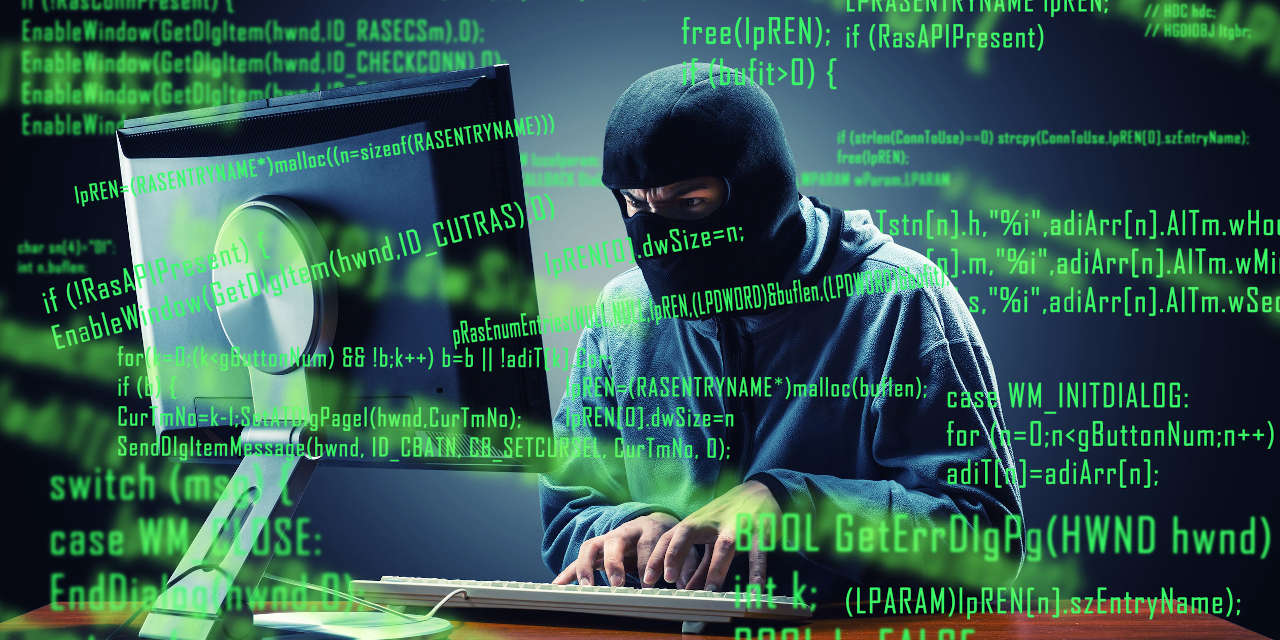By Jack Cumming
This article is both personal and painful. Truth to tell, I’ve hesitated to write it since it involves my own family. Still, I think it’s important, even essential, to share it with all of you who have dedicated your careers to caring for elders in senior living. Anyone can be duped by the fraudsters who now troll the internet in search of victims. My sister is a senior living resident. She is also a victim of a phishing scam. Her story needs to be told.
My Precious Sister
I need to start by introducing my sister to you. This may embarrass her, but it can help many. She’s shared that she would like to spare others her experience. I remember clearly her birth. I was seven years old and in second grade. Of course, I wasn’t at the actual birth, but it was a big deal for a seven-year-old. I remember how Miss Milbauer, my second-grade teacher, beamed at the news of my sister’s birth.
As she got older, one, two, three years old, she became my constant focus. I would wheel her about in my red “Radio Flyer” wagon. I loved her. I cherished her. She was my only friend in our neighborhood since we didn’t fit in well with the neighbors who didn’t share our religious affiliation. My parents were members of the Episcopal Church of the Holy Communion, and the neighbors wanted their children to play only with others like them. It was a lonely childhood until I had my sister. I cherished her then, and I still cherish her today.
My sister was always cared for. I was part of that. The result is that she was denied her own independence and a sense of her shining intellect. I share in that responsibility along with her being the youngest of three children. Her birth came in the midst of the death and destruction of World War II, and new life was a particular blessing in those years of sadness and fear.
My Sister Today
Many years have elapsed since World War II. New threats incite our fears and anger. My sister is living today in our new era. She is safely ensconced in an exemplary Continuing Care Community which is managed by LCS™. She is well cared for. To shield her, I’m withholding both her name and the community in which she lives.
Like many people, my sister defers to experts and others she looks up to and respects. After all, she grew up as a sheltered child in a family of older siblings and loving parents. She married an unusually upright man who provided for her and protected her. A short while ago, he died, and she is now alone and bereft in the midst of the pandemic. She’s lonely.
Vulnerable Nice People
Loneliness is one of seven characteristics that the AARP Fraud Watch Network has identified as making people more vulnerable to fraud. Those characteristics are: respect for authority; a wish to please people; a belief in one’s own judgment; becoming a scam target through prior gullibility; a tendency to respond positively to friend requests; stress due to loss or illness; and loneliness. Yes, older people are more likely to be victims. Still, these characteristics are shared by most people we consider “nice.” Don’t we all, regardless of age, want to be nice? My sister is very nice. She’s very loving.
In Her Own Words
I’m going to let her tell her story in her own words. Note how well she writes. I’m proud that she’s my sister.
“I’m so gullible! Last Tuesday I received an instant message from Amazon saying that someone used my information to order a $22,167 USD camera. If this was not me, call this 800 number. Duh, I phoned the number and reached a person in ‘Seattle’ who spoke with a thick Indian accent. He explained that the IP address of my computer had ‘been hacked and was being used by people in Ohio, Pennsylvania, New York, Texas, and one place in Canada to order items from Amazon.’ Did I know what IP stands for? I replied, yes, Internet Protocol.
“He then went on to ask whether I had received ‘these items’ from Amazon . . . and then he listed all my recent purchases, about six different orders in all. I replied that I had received all except the toilet paper, which should come shortly. He noted that it was due to arrive ‘tomorrow’. (It did not arrive.) He was SO helpful! (HA!) To fix my problem he needed access to change my Amazon password. He helpfully provided the Amazon screen where I could select ‘accept’ or ‘deny’ access.
“What a DUMMY I am! And now I have to get in touch with Amazon to change my password again. Agh! I’m too old to be dealing with this. I’m scared he really does have the IP access to my iMac, and somehow he has my phone number and quoted my address here to me so maybe he obtained that information from my iMac. I’m so ashamed of myself. I DID tell security here in my CCRC, right after the call ended, and I immediately called my bank which has my checking account and my Visa account. They all were very calm about what happened.
“I’m very aware major businesses have been recently ‘hacked’ for ransom and have experts helping them to get reestablished again. Perhaps I shouldn’t feel so bad after all. Phew!”
It Can Happen to Anyone
No, she shouldn’t feel bad at all. It can happen to anyone. It especially happens to nice people. It takes considerable discernment and presence of mind to avoid fraud. This is a huge challenge with which senior living is struggling to cope in its commitment to keep those in its care safe from harm. My sister was aided in untangling her entanglement by the helpful Resident Technical Assistant where she lives. Senior living is making a difference. Be warned. Be wary. Be safe.
The AARP Study can be accessed by clicking here.
Click here to read comments and join the conversation about this article.








